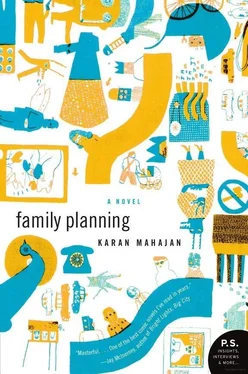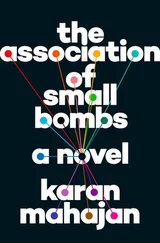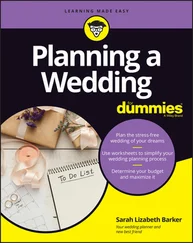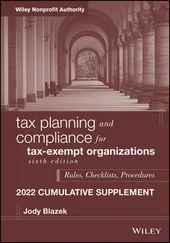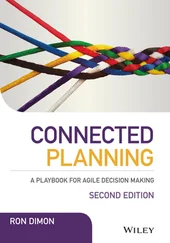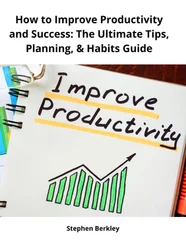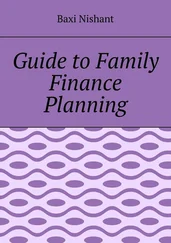AT THE HOSPITAL ARJUN WATCHED as Ravi called his father and explained — in quick breaths — what had happened. Arjun was secretly glad he hadn’t been driving; he didn’t want to involve his father in this. Fathers were prone to push situations to their natural extremes, undoing any reactionary restraint or compensatory aggression their sons may have learned. Ravi’s father, it turned out, was in the former category: he knew no restraint. His arrival five minutes later spun a fairly controlled situation into a tizzy. He shouted at everyone. He wore glasses that skidded down his shark-fin nose. He made Ravi sit down on a chair in the tiny waiting room and scolded him to the point of tears. He asked Ravi why he didn’t look when he drove. He was a tense man and he had come expecting a fight, and he was upset to find none. He couldn’t handle the fact that everyone had been awfully nice to the boys.
For instance: when they’d arrived, the ward had been full of young women who’d slit their wrists in solidarity with Mohan Bedi, but the nurse had noted Arjun’s hysteria and made extra space for the girl, ushering her into a white cuboid of fluttering curtains. The girl, too, had been relieved. She was strapped down on a stretcher, begging for painkillers. She kept talking between moans, saying again and again it was her fault — the boys were very nice, her cell phone was okay, wasn’t that proof? Doctors went at her bones with flat hammers and found nothing. Tissues were damaged, mitochondria were impaired with asphyxiation, no bones were broken. Tests were summoned. Then the girl’s parents — two globular specimens, slow-moving victims of diabetes and arthritis, people used to being slowly killed, out of place in the spotless clean white-lit accidental aftermath of the fancy emergency room — arrived and started dumbly text messaging their friends and family. They didn’t know quite what to do with themselves; the woman’s salwar swished the floor; the father stroked his chin and sagged on the side with which he carried his briefcase, telling Ravi that there was nothing to worry about. He had no interest in litigation. The girl was okay, that was what mattered. They were decent people.
Now. A smart father would have taken one look at this propitious situation, gathered up the boys, and dashed through the exit. A smart father would have made sparkling promises to the girl’s parents, gotten down on his knees, and gifted them a dud contact number. A smart father would have avoided the inevitable chitchat with the policeman who would register the accident. Failing this, a smart father would take the policeman aside and thrust a folded one-thousand-rupee note into his grubby hand. A smart father would not argue with authority.
Arjun knew because he had a smart father. Genetic impulses propelled him to intervene. “Uncle, the receptionist said the police-wallah is coming. It’s better if we go before. Ravi doesn’t have a license.”
Mr. Mehta stopped scolding Ravi for a second; he pushed his gold-rimmed glasses to their summit. “The person who was hit is saying nothing is wrong. What is the problem?”
“Please bribe the police, Dad,” Ravi implored.
“No. Nonsense,” said Mr. Mehta, lifting both palms skyward in rage. “The people you hit don’t want to press charges. You expect me to bribe ? All my life I have lived in this country.” He paused, rescued his glasses from tipping off his nose. “And not once have I bribed.” (He was lying.) “This everything-goes attitude of yours is no good, Ravi.”
Everything goes, my foot , thought Arjun. He wished Ravi would be more persuasive. But, Dad, I don’t have a license. I’ll have to go to jail. I won’t be able to get into college abroad. Please, Dad. These things matter to Harvard and all. Even if I have a 1500 SAT they won’t take me with a criminal record. Please, let’s bribe the police-wallah.
But Ravi was gutless before his father. “Sorry, Dad. But please?”
“This is all part of growing up only,” continued Mr. Mehta, wagging his index finger at Ravi. “When I was ten, my father used to send me on all sorts of errands. I had to even go to the butcher shop and buy meat — have you seen how filthy those shops are? I used to go alone to Garhi. Awful, awful place. Flies everywhere. They also expect you to bribe if you want non-fly meat. I told them go to hell. I’ll eat flies. I was only ten remember. But even then I knew: better to eat flies than to feed money to people. And then I came back home with halal meat, and you know what your grandfather did? He slapped me. Slapped me straight across the face, chaaapppatt . Nowadays everyone wants you to be a softie. But I tell you, slaps work best. I never got bloody halal meat again—”
“But, Dad, I started driving because you wanted me to,” said Ravi. “You wanted me to run errands.”
“How is this relevant?”
“Sorry, Dad.”
And that was that.
Arjun — nurtured on arguments, on talking back to his father — felt the full weight of Ravi’s defeat as his friend balanced his head in two shaking palms. The perspective was chastening. Arjun felt bad that he’d been ornery with his own father. The regret was also convenient: Arjun needed to involve Mr. Ahuja before sanctimonious Mr. Mehta landed them in more trouble. He excused himself to make a phone call and, in doing so, missed out on a conversation between Mr. Mehta and the beat policeman that would have caused him severe palpitations.
The policeman was tapping his case register on his knee in a steady rhythm. He asked to see Ravi’s license.
“I don’t have it,” said Ravi. “It fell down.”
“How old are you?” said the policeman.
Before Ravi could lie, Mr. Mehta said, “Sixteen.”
“Sixteen?” the policeman wheezed. “Sixteen and driving?”
“Everyone does it,” said Mr. Mehta.
“Yes, yes. Everyone does it. You will have to come to the police station,” he said to Ravi. “You are a minor, you are illegally driving, and you have hit someone. You have almost taken a life. Now please come. Let us go.”
“You want money?” Mr. Mehta griped.
“That’s not how you bribe!” said Ravi.
The policeman paced about the waiting room. He was a hassled man with two glistening velvet pouches of hair around either ear and a handkerchief with which he mopped his umbrage-taking forehead, the eyebrows pulsing upward as if to capture and harvest the sweat pouring down — and right now he was in a philosophical mood. “Whether I want money or not is irrelevant. In the long run, yes, of course, I would like money. Who doesn’t like money? But, at present moment, both of my daughters are married. I do not plan to have more children except by accident. Hence I am not presently needing money. I am looking for glory. Making arrests is glory. Now, if you resist, I will be even more glorious. So, please, just come quietly. You are in the wrong. I have the law on my side.”
Arjun, still on the cell phone, overhearing this last bit, turned around in horror, and said, “One second — can we wait please? A witness is coming. Please. Please. Please.”
CHAPTER 17. USE THOSE CONNECTIONS
MR. AHUJA WAS IN HIS CAR — contemplating the forthcoming flattery of the SPM — when the call came.
Mr. Ahuja screamed. “WHY THE HELL WAS RAVI DRIVING?”
“Sorry, Papa. I’m in trouble—”
“DOESN’T MATTER. HOW MANY TIMES HAVE I TOLD YOU? ONLY GO IN A CAR WITH A DRIVER?”
Unlike Mr. Mehta, Mr. Ahuja’s shouting was calculated — a flexing of his larynx to firmly reestablish his authority, so severely eroded by Arjun’s untimely appearance in the nursery last night.
Читать дальше
